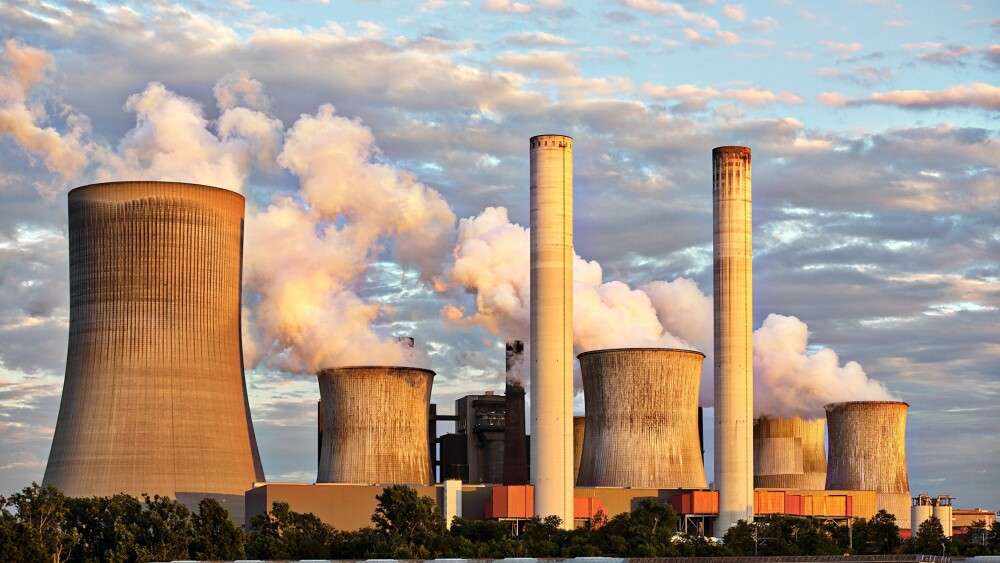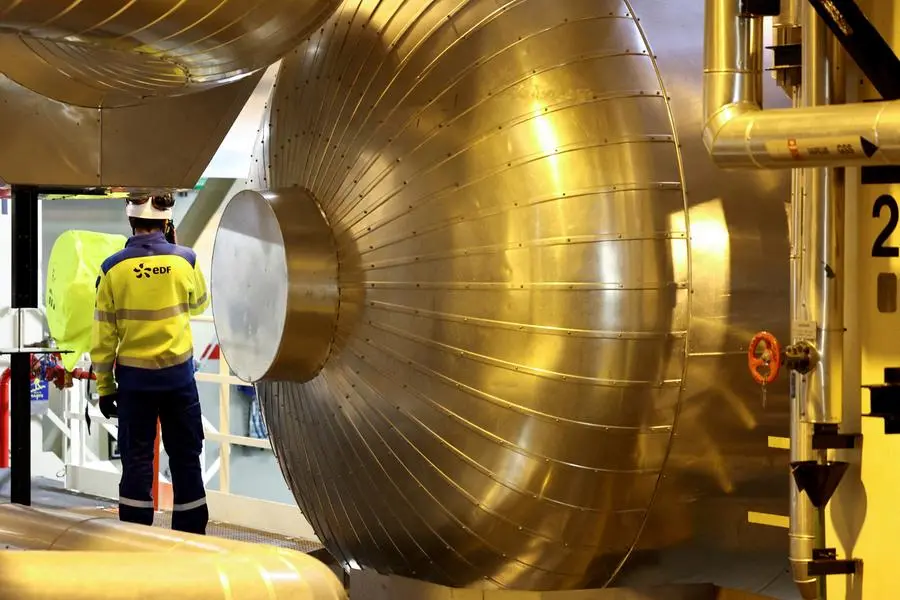The construction of Ghana’s first nuclear plant is taking shape as five international companies compete to be its preferred architect. Nuclear vendors from France, the US, Russia, South Korea, and China are competing to build Ghana’s first nuclear power plant. The nuclear energy minister in Ghana, Robert Sogbadji, noted that his government would pick one or two suppliers by the end of the year. He further stated that the Ghanaian government prefers a build-own-operate-transfer procurement route so as to benefit the country more. The five international bidding companies drawing the straws are France-headquartered EDF, NuScale Power and Regnum Technology Group, which are based in the United States. Furthermore, China National Nuclear Corporation, South Korea’s Kepco and Russia’s Rosatom are also in the bid. Sogbadji said: “Cabinet will approve the final choice. It can be one vendor or two nations; it will depend on the financial model and the technical details.”
The Scope of Works Regarding Ghana’s First Nuclear Power Plant
Ghana has long-held ambitions to develop a civil nuclear industry and is advancing toward fulfilling that ambition. The energy minister noted that a site with room for five reactors has already been designated. The work is being overseen by the Ghana Nuclear Power Programme Organization (GNPPO), a consortium of government agencies, research organizations, and private companies formed in 2012. It has been developing the regulatory and technical infrastructure needed to have a reactor generating by 2030.
The selected company will be required to ensure the construction, implementation, and operation of Ghana’s first nuclear power plant. The oversight committee notes that the Ghana Atomic Energy Commission has now met the first phases of the requirements recommended. These requirements are per the targets outlined by the International Atomic Energy Agency (IAEA). Currently, Ghana’s reliance on thermal generation accounts for 66% of the 4.7GW of electricity that the country produces as hydro accounts for the remainder.
The Significance of the Facility in Ghana
Once completed, Ghana’s first nuclear power plant will be essential in contributing to the country’s electrical supply. The government seeks to improve its power output to 5.7GW as it expects that the nuclear power plant will add to the mix the 1 GW. This will be enhanced by adding a number of Ghanaians to the electrical grid to receive electrical supplies. Furthermore, the project is significant in its scale as it is one of West Africa’s first nuclear power plants. Once implemented, it will not only benefit Ghana as a country but also other West African countries in the grand scheme of things. It will set forth a roadmap that other countries in the region may follow so as to harness the potential of nuclear energy. Ghanaians also hope that the project will reel in employment opportunities that may help in improving their standards of living. 
Also read:
The Challenges Facing the Country that the Facility Will Address Once Operational
The United States Trade Administration, in its survey of Ghana’s energy industry, noted that the energy sector has accumulated debts. One of the reasons is power pricing, which did not recover total costs, although consumers considered tariffs to be relatively high. This debt and the high cost of electricity stifle the country’s economic development. The hope is that Ghana’s first nuclear power plant would speed industrialisation to supplement agriculture and mining. Burkina Faso and Uganda have both signed agreements with Russia and China to build their first nuclear power plants. Other African countries such as Kenya and Morocco are also aiming to add nuclear energy to their electrical grids.
Also read:
